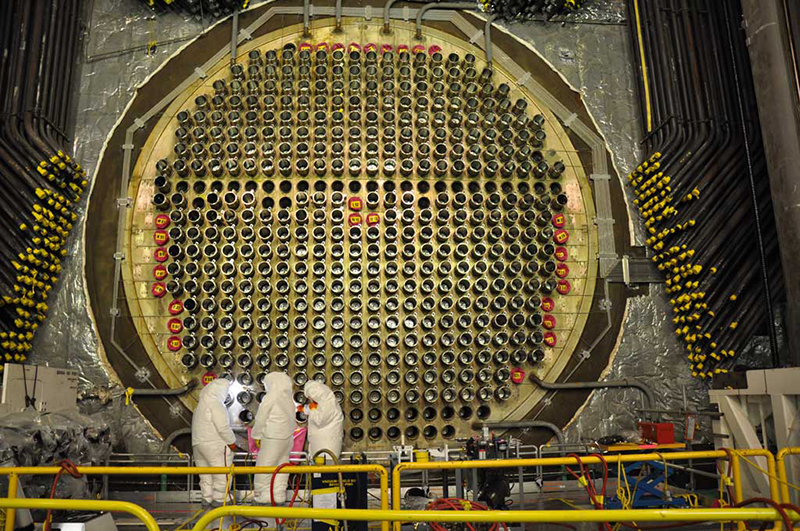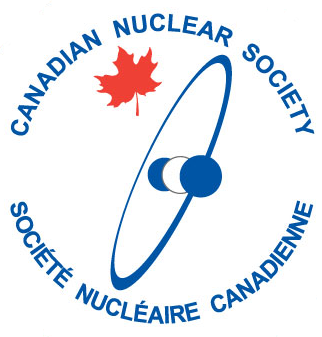Is Canada supporting the peaceful use of nuclear energy

A very small group of anti-nuclear campaigners are trying to suggest that the plans to re-use used nuclear fuel, which are being developed in New Brunswick, give rise to a proliferation risk. They also try to imply that it is part of a Canadian plan to become a nuclear weapons state! It is part of their fear-mongering campaign.
They managed to get an article published in the Hill Times, a politically influential publication.
The CNS managed to get a rebuttal published. This is what we said.
“Will expanding plutonium’s interests support the peaceful use of nuclear energy?”
M.V. Ramana and Susan O’Donnell present many facts to suggest that projects being considered in Canada could give rise to the proliferation of nuclear weapons, however, their argument collapses as a result of one fundamental flaw.
The crux of their argument is that plutonium will be “separated” and when “separated” could be used to make weapons. But that separation would require that the plutonium is selectively removed and purified.
There are some ways of reprocessing fuel that do allow the plutonium to be “separated” in this manner, but Canada has no plans to use such technologies. In fact, the technologies being considered do not “separate” out plutonium at all. What they do is remove unwanted elements leaving a fuel mix that contains plutonium along with a lot of other things. This fuel cannot be made into a weapon without further processing.
Ramana and O’Donnell then allude to the idea that if this fuel production technology is used in Canada others will adapt it to selectively separate plutonium and proliferation will result from the spread of the technology. But that makes no sense at all. Even if it were possible, if a nation had the capability to adapt the technology, they would already have the capability to make it, the technique is already well reported on. Whether it is used in Canada or not won’t make any difference whatsoever
The rest of their article is riddled with the same sort of errors. For example, the references to the economics of reprocessing are all based on historic projects involving the very challenging aqueous process where the objective was to separate plutonium. They have no relevance here.
And the Canadian government has not funded “an expensive laboratory to work on plutonium”. It has funded a project that “in addition to its role in advancing next-generation nuclear technologies to support Canada’s climate action plans, […] will be critical to the life extension and long-term reliability of existing reactors”. Could it be used to work on plutonium? Possibly. Has it been funded for that purpose as Ramana and O’Donnell tell us it was? Definitely not.
Conspicuously absent from the article are the benefits that will arise, notably:
- A reduction in the amount of uranium that needs to be mined.
- Increased sustainability of emissions-free power generation.
- A reduction in the amount of used fuel that will need to be moved to the Canadian Deep Geologic repository when it is built.
- And, ironically, a reduction of the amount of plutonium in the world, thereby reducing the prospect of proliferation.
These are all important issues, and no article on the subject could be considered to be complete without them being mentioned.
After unnecessarily scaremongering about the potential for proliferation, the authors flip to a completely different subject: the oversight of new nuclear projects. They suggest these will have reduced regulatory oversight if they are small enough. Even this is misleading as the oversight for small projects is not per se reduced, it is just managed in a different way. A way appropriate to the size of project.
The world is struggling with the need to find a route to net zero while maintaining energy security. There is an increasing understanding that nuclear power must be part of the solution, and the Canadian government, and governments all over the world, are now paving the way for new nuclear construction. They understand that while some may claim, as Ramana and O’Donnell, do that “electricity from nuclear plants costs far more than from renewable resources”, producing reliable power from renewable resources is, in most places, impossibly expensive and other sources are needed.
If we are to make progress in achieving our net zero ambitions, there are some important discussions that must take place and it is important that those discussions are based on facts presented in an appropriate context and not on misunderstandings derived from misleading narratives.
Guy Hotte & Neil Alexander
Guy Hotte is the President of the Canadian Nuclear Society an independent, learned society for the people in Canada’s nuclear community, and Neil Alexander is its Communications Director
Popular Core Business Articles
- The important differences between Hazard, Danger, Risk and Fear when considering a Deep Geologic Repository for used nuclear fuel.
- Deep Geologic Repositories (DGRs)? Distressed purchase or Jewel in the Nuclear Crown
- An article by the Breakthrough Institute
- How do we quickly and succinctly explain why wind and solar are not cheap?
- The Titanic Fallacy

Leave a Reply
You must be logged in to post a comment.